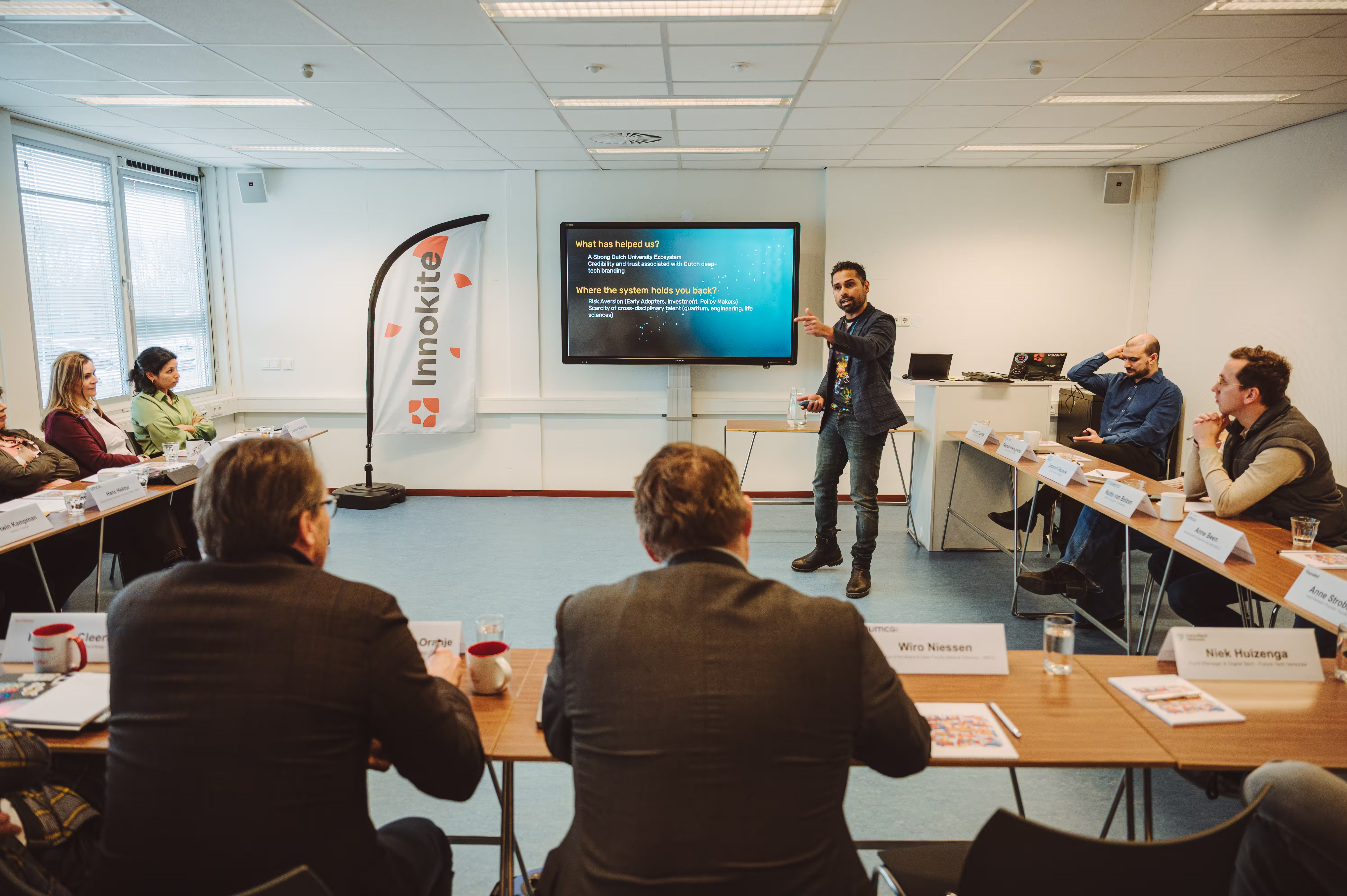The 5-person rule: Entrepreneurial success comes from a successful inner circle

Your network is not just who you know, it shapes your perspectives, beliefs, and consequently your achievements.
In entrepreneurship the saying of “you are the average of the five people you spend the most time with” is not just motivational wisdom but a research backed fact that showcases how your social circle can directly impact your business success.
The science behind social influence
According to Sage Journal Management of Education, entrepreneurial networks significantly influence Small- and Medium-sized Enterprises (SMEs) nonfinancial performance. Peer connections serve as a critical factor in business growth and sustainability.
Harvard Business School research identifies that "building networks" is a paramount skill that differentiates successful founders from non-founders. This phenomenon is not coincidental. Entrepreneurs who actively cultivate strategic relationships consistently outperform those who rely solely on individual effort.
The influence of peers extends beyond casual advice. Studies show that entrepreneurial behavior is contagious and socially transmitted across university peers, suggesting that entrepreneurial mindsets are transferred within close social networks.

Actions to build a successful entrepreneurial network
Nowadays, there are several opportunities for entrepreneurs to meet potential partners and collaborators leading to powerful alliances and connections. Networking events and everyday interactions lead to an exponential development of founders’ networks and market reach. But before building these valuable connections, entrepreneurs need to evaluate their current network strategically by asking if their closets circle:
- Challenge them to think bigger?
- Share opportunities and connections?
- Celebrate their wins without jealousy?
- Offer constructive feedback when needed?
- Demonstrate entrepreneurial behaviors themselves?
Research shows that entrepreneurs who are self-reliant and extroverted have fewer partners, however, these traits positively impact networking activities. This suggests that quality trumps quantity when building an entrepreneurial community.

The community investment strategy
Studies indicate that community involvement builds trust, which is an important component of business success. However, the type of community matters significantly. Surrounding yourself with other entrepreneurs and business-minded individuals creates a feedback loop of growth and opportunity.
Multifaceted networks of business firms, working together to achieve sustainable performance. This collaborative approach creates exponential value that cannot be matched by individuals.
The research is clear: personality traits and motivations influence entrepreneurial networking and business success. By intentionally cultivating relationships with growth-minded individuals, founders are not just expanding their network but reshaping your entrepreneurial identity.
Innokite’s advice
The evidence is clear: your entrepreneurial success is directly tied to the quality of your professional relationships. Viewing relationships as investments can be a game changer for your entrepreneurial future. Every conversation either moves you closer to or further from your goals. Research shows that successful entrepreneurs don't just network, they strategically build communities that amplify their vision and accelerate their growth. Our incubator aims to be one of those communities.
Remember: It's impossible to build an extraordinary business with ordinary thinking. Choose your professional circle strategically and position yourself in environments that let your entrepreneurial side grow.
Your stepping stone could just be joining a startup incubator like Innokite! Surround yourself with driven, like-minded future founders, share ideas, and grow your entrepreneurial inner circle. Find our more about our startup incubator and see how it can take your network and startup idea to the next level!
Sources
Applegate, L., Kraus, J., & Butler, T. (2016, June 6). Skills and behaviors that make entrepreneurs successful. Harvard Business School Working Knowledge.
Wasim, J., Youssef, M. H., Christodoulou, I., & Reinhardt, R. (2024). The path to entrepreneurship: The role of social networks in driving entrepreneurial learning and education. Entrepreneurship Education and Pedagogy, 7(1), 132-166.





